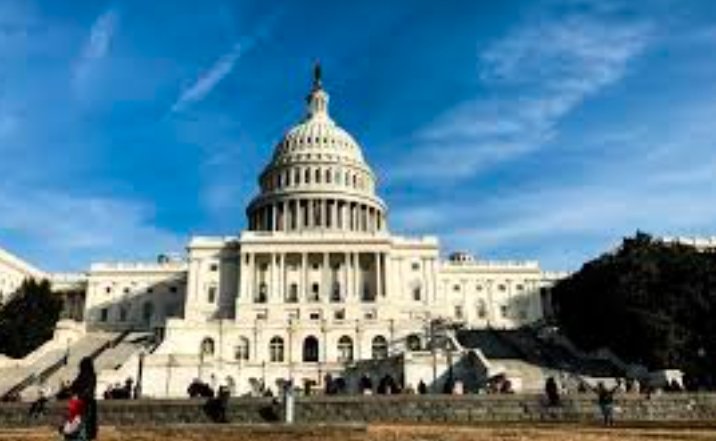In a significant move, the House Appropriations Committee has voted to block the rescheduling of marijuana at the federal level. This decision comes as part of the 2025 Fiscal Year spending bills, which include provisions to prevent the Department of Justice from reallocating funds to reschedule or deschedule marijuana. The committee’s action reflects ongoing concerns about the implications of changing marijuana’s classification under the Controlled Substances Act. This development has sparked a renewed debate on the future of marijuana regulation in the United States.
Legislative Action and Its Implications
The House Appropriations Committee’s decision to block marijuana rescheduling is a pivotal moment in the ongoing debate over cannabis regulation. The committee’s approval of the spending bill includes specific language that prohibits the Justice Department from using federal funds to alter marijuana’s current classification as a Schedule I drug. This move effectively halts the DEA’s proposal to reschedule marijuana, which has been under consideration following a scientific review by the FDA.
The committee’s decision is rooted in concerns about the potential impact of rescheduling on public health and safety. Lawmakers have expressed apprehension about the mental health risks associated with high-potency THC products, particularly among adolescents. The committee has directed the Department of Health and Human Services to conduct further research on these risks and provide a detailed report on the findings. This emphasis on public health underscores the complexity of the rescheduling debate and the need for comprehensive scientific evaluation.

The implications of this legislative action are far-reaching. By blocking the rescheduling of marijuana, the committee has maintained the status quo, keeping marijuana classified alongside substances like heroin and LSD. This decision has significant consequences for the legal cannabis industry, which has been advocating for rescheduling to facilitate research and improve access to banking services. The committee’s action highlights the ongoing tension between federal and state cannabis policies and the challenges of navigating this evolving regulatory landscape.
The Debate Over Marijuana Rescheduling
The debate over marijuana rescheduling is multifaceted, involving a range of stakeholders with diverse perspectives. Proponents of rescheduling argue that reclassifying marijuana to a lower schedule would acknowledge its medical benefits and align federal policy with the growing number of states that have legalized cannabis for medical and recreational use. They contend that rescheduling would facilitate research, improve patient access, and reduce the stigma associated with cannabis use.
Opponents, however, raise concerns about the potential risks of rescheduling. They argue that changing marijuana’s classification could lead to increased use, particularly among vulnerable populations such as adolescents. Critics also point to the need for more rigorous scientific research to fully understand the long-term health effects of cannabis use. The House Appropriations Committee’s decision reflects these concerns, emphasizing the importance of a cautious and evidence-based approach to cannabis regulation.
The committee’s action has reignited the debate over the appropriate regulatory framework for marijuana. While some lawmakers advocate for a more lenient approach that recognizes the medical and economic benefits of cannabis, others call for stricter controls to mitigate potential risks. This ongoing debate underscores the complexity of cannabis policy and the need for a balanced approach that considers both the benefits and risks of rescheduling.
Future Prospects for Cannabis Regulation
The House Appropriations Committee’s decision to block marijuana rescheduling raises important questions about the future of cannabis regulation in the United States. As the legal cannabis industry continues to grow, the need for a coherent and consistent regulatory framework becomes increasingly urgent. The committee’s action highlights the challenges of achieving consensus on cannabis policy and the importance of ongoing dialogue among stakeholders.
Looking ahead, the future of cannabis regulation will likely involve continued efforts to balance public health concerns with the benefits of legalization. This includes addressing issues such as product safety, labeling, and marketing, as well as ensuring that cannabis businesses have access to banking and other financial services. The committee’s decision underscores the need for a comprehensive and evidence-based approach to cannabis regulation that prioritizes public health and safety.
The path forward for cannabis regulation will also depend on the outcomes of ongoing research and the evolving legal landscape. As more states legalize cannabis and new scientific evidence emerges, policymakers will need to adapt and refine their approaches to regulation. The House Appropriations Committee’s decision is a reminder of the complexities and challenges of cannabis policy and the importance of thoughtful and informed decision-making in this rapidly changing field.



